
Financial Care for Life > Managing RMD
Managing RMD
Managing RMDs: Limiting Your Distributions and Your Tax Impact
Saving for retirement in a 401(k) at work or a traditional individual retirement account (IRA) can help you build wealth for the long term while enjoying some tax advantages. Starting at age 72 (73 if you reach age 72 after Dec. 31, 2022), you’re required to take minimum distributions (RMDs) from those accounts, meaning you no longer will be able to defer paying taxes.
Beginning in 2023, the SECURE 2.0 Act raised the age that you must begin taking RMDs to age 73. If you reach age 72 in 2023, the required beginning date for your first RMD is April 1, 2025, for 2024.
If you reach age 73 in 2023, you were 72 in 2022 and subject to the age 72 RMD rule in effect for 2022. If you reach age 72 in 2022:
- Your first RMD is due by April 1, 2023, based on your account balance on December 31, 2021, and
- Your second RMD is due by December 31, 2023, based on your account balance on December 31, 2022.
For wealthy retirees, mandatory distributions from retirement accounts can cause taxes to increase sharply. As with all financial planning, to get the best results you’ll want to start early. For workers with $1M+ in tax-deferred retirement accounts and other sources of income, these mandatory taxable distributions may be problematic without a tax strategy for RMDs.
Tools that may help you:
We’ve included a few strategies designed to minimize the tax impact on required minimum distributions.
Utilizing Different Account Types Before Retirement
There is a lot to be said for the benefits of tax-deferred growth on investments. However, for investors who are able, it may be wise to diversify retirement assets. It is worth noting that not everyone will feel negative tax consequences of required minimum distributions. Depending on your tax projections for the future, it may not make sense to forgo tax-deferred growth.
Continuing to Work
One of the simplest ways to defer required minimum distributions and the associated taxes on those withdrawals is to continue working. If you’re still working at age 72 or beyond and contributing to an employer’s 401(k), the IRS allows you to delay taking RMDs from those accounts. This only works for your 401(k) at your current employer, however. If you have a 401(k) from a previous employer, then the RMD rule would still apply. The same is true for any traditional IRAs you contribute money to. Whether it makes sense to continue working to delay RMD taxes depends on a variety of factors, including your health, retirement goals and overall financial situation. If you enjoy your job and have no serious health issues that prevent you from doing it, delaying retirement might make sense for you.
Converting to a Roth IRA
Roth IRAs can be an attractive option for saving for retirement if you want to minimize taxes. Qualified distributions from Roth IRAs are 100% tax-free and there are no required minimum distributions at all. If you have assets in a tax-deferred account, you could avoid RMDs and their associated taxes by rolling the balance into a Roth IRA. This is done through a Roth conversion in which you essentially turn tax-deferred assets into tax-free ones.
Donating to a Great Cause (Charitable Giving)
Many retirees don’t realize they can donate all, or a portion of, their required minimum distribution (RMD) directly to charity, through a qualified charitable distribution. A qualified charitable distribution (QCD) can be made directly from your IRA starting at age 70.5. Even if you don’t have to start required minimum distributions until age 72, you can still begin donating money from your IRA to charity at 70.5.
The maximum annual exclusion for QCDs is $100,000. Donations must also go directly to the qualified public charity. Careful tax and financial planning is advised when considering a planned giving strategy.
The information presented here is not specific to any individual's personal circumstances.
To the extent that this material concerns tax matters, it is not intended or written to be used, and cannot be used, by a taxpayer for the purpose of avoiding penalties that may be imposed by law. Each taxpayer should seek independent advice from a tax professional based on his or her individual circumstances.
These materials are provided for general information and educational purposes based upon publicly available information from sources believed to be reliable — we cannot assure the accuracy or completeness of these materials. The information in these materials may change at any time and without notice.





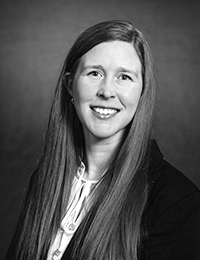 Maggie Slivinski
Maggie Slivinski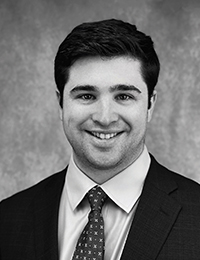 Steve Corbo
Steve Corbo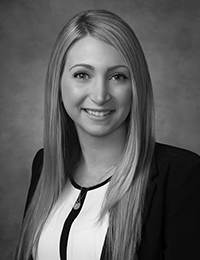 Alexandra Rao
Alexandra Rao Alexa Comey
Alexa Comey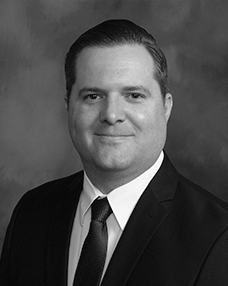 Gene Donato
Gene Donato Jack W. Kennedy III, CFP®, AAMS®
Jack W. Kennedy III, CFP®, AAMS® Henry (Hank) J. Schroeder, CFP®
Henry (Hank) J. Schroeder, CFP®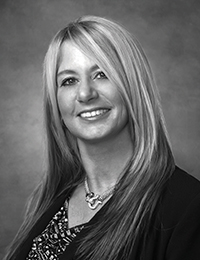 Diane Gallagher
Diane Gallagher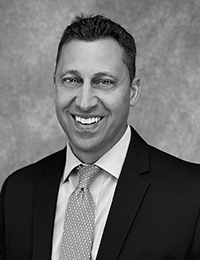 Scott Bernstiel
Scott Bernstiel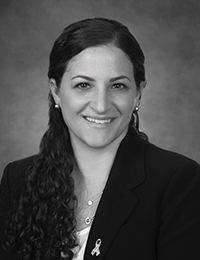 Chrissy Carpenter
Chrissy Carpenter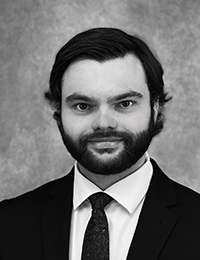 David Strout
David Strout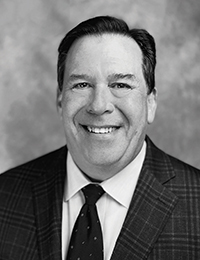 Keith R. Hering AAMS®, CRPS®, CIMA®
Keith R. Hering AAMS®, CRPS®, CIMA®  Marjorie Onuwa
Marjorie Onuwa